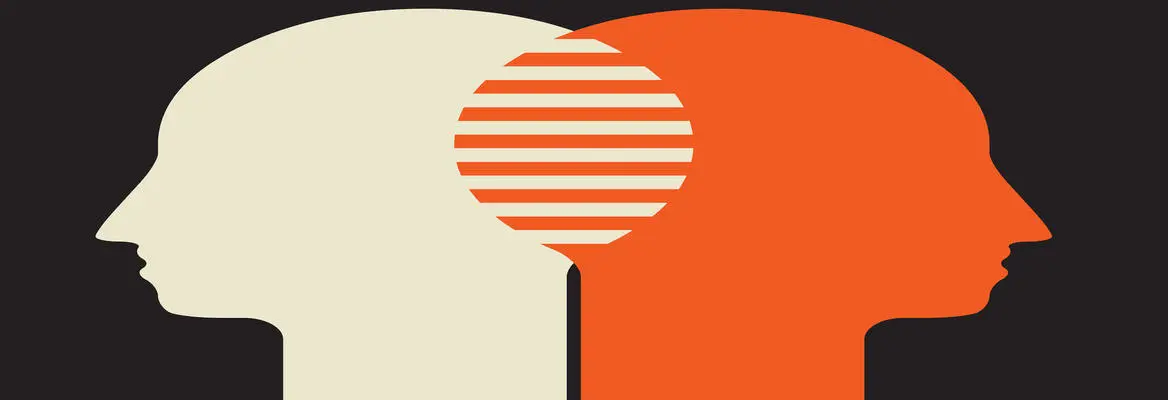In today’s polarised political landscape we see those we disagree with as aliens, believing in crazy ideas. Yet the moral and political convictions of both left and right can be traced back to two ideals: harmony with the world, and individual autonomy. In turn those ideas stem from two fundamental ideas: that we can know the world, and that we can know our own minds. A third idea, that we can come to know the minds of others, could be what completes the other two ideas and enable us to overcome our conflicts, writes Linda Zagzebski.
For thousands of years two ideas have invigorated human civilization. These ideas are so simple, it is easy to overlook their tremendous power, and it is easy to forget that we did not always have them. One is the idea that the human mind can grasp the universe; the other is the idea that the human mind can grasp itself. The first idea dominated in the West until the 16th-17th centuries when there was a big shift, and the idea that the human mind can grasp itself became dominant. That shift changed everything: in philosophy, art, literature, science, and moral and political thought. The uneasy relationship between these ideas is the source of many cultural divisions and intellectual confusions, but it also reveals what we have in common.
A third idea, that we can know the minds of others, might be what helps us overcome some of those divisions.
The origins of the two greatest ideas
In the era in which the first idea dominated, people thought that they grasped their minds through their grasp of the world. They thought it was obvious that human minds are part of the world, so to understand one’s mind meant understanding the place of one’s mind in the social and natural world, or in the world created by God.
The ability to see systematic structures in the universe is another version of the first great idea, and we owe that insight to the ancient Greeks.
There was more than one version of the first great idea. The ability to see a narrative unity in the universe is one version. Origin stories are ubiquitous in human cultures from the earliest recorded times. We see them among the ancient Babylonians and Egyptians, in the book of Genesis, among Native American tribes, in African traditional religions, and many others. These stories do not merely describe how the known world began; they narrate the origin of one’s social world and each person’s place in it. If asked, “Who are you?”, the answer always refers to one’s place in that world – geographical and social - not to one’s unique consciousness.





















Join the conversation